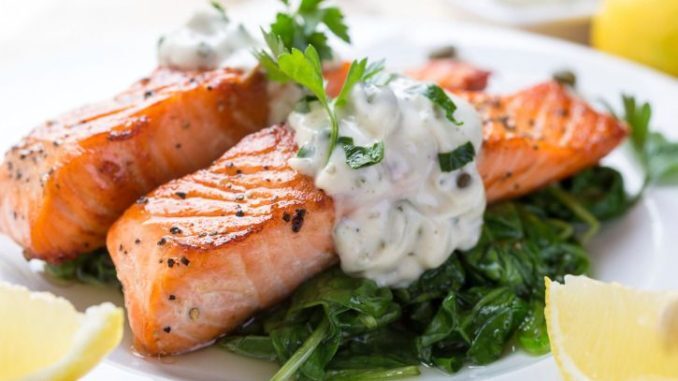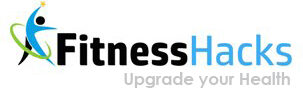
Healthy lifestyle changes have a lasting impact on your weight management goals. Healthy eating plans which focus on food-based recommendations that are nutritious and minimally processed will not only give you more energy; it also has a profound effect on your sense of wellbeing.
Salmon is one such super food to include in your diet.
Eating Salmon Helps You Lose Weight
With its fame for fat content, you might wonder how Salmon can help you lose weight. Salmon is actually a nutrient-dense food with healthy unsaturated fats that promote satiety. We will give you a simple explanation. Protein and fat take much longer than carbohydrates to get digested. This curbs your hunger pangs and helps prevent snacking between meals. This will also keep you from getting too hungry and overeating at your next meal.

Salmon is also believed to be helpful in regulating insulin levels in the blood. Modulating insulin levels are very important in weight management as unbalanced blood sugar levels can create unbearable food cravings.
All Calories Are Not Created Equal
Five ounces of cooked salmon has only 240 calories. This presents as much as 70 percent of your protein requirement in a 2000-calorie diet. The high protein content in salmon also aids weight loss in a different way.
Your body uses calories to break down and absorb the food you eat. Carbohydrates require very few calories to get digested while 20 to 30 percent of the calories from a protein source go towards the digestion process.
Salmon: The Nutrient Powerhouse

The fats in salmon make it one of the richest dietary sources of Omega-3 fatty acids. Omega-3 is well known for its wide range of health benefits which include aiding our brain development as well as lowering cholesterol levels to protect us from heart disease.
Salmon is also one of the best sources of vitamin D which is required for maintaining healthy bones and teeth. A single serving of sockeye salmon can provide around 75 percent of your recommended dietary allowance for vitamin D. Salmon is also rich in many other nutrients like niacin, vitamin B-6, vitamin B-12 and selenium.
The Healthiest Ways to Cook Salmon

You can try cooking the whole salmon or just the fillets from the thickest part of the fish. Salmon can easily get dry and overcooked, so employ cooking methods that will keep it moist and tender.
Quick Broiling for just 7-10 minutes on a preheated broiler is a great way to cook salmon. Take extra care not to burn it if you are grilling the fish as this damages the nutrients and releases harmful free radicals. You can season it with flavours like lemon, ginger and mint.
Keep in mind that the calorie count will increase significantly if you use fats like oil or butter for cooking the salmon. Try steaming your fish on a bed of herbs, garlic, spices or even scallions for calorie-free flavours. You can combine salmon with vegetables and low calorie dressings like mustard sauce to make salads or sandwiches.
